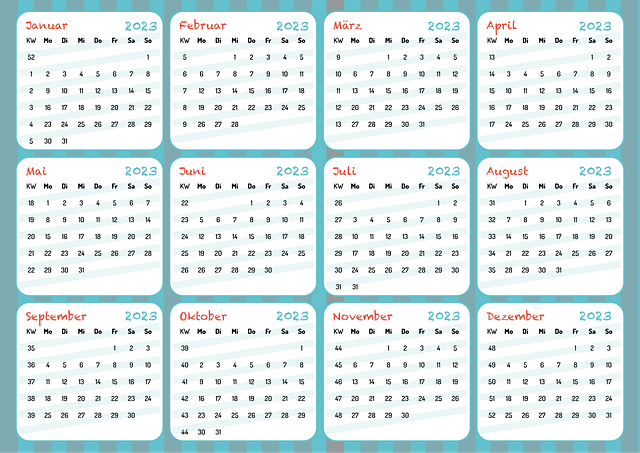Event planning is a powerful tool for local businesses to grow and engage their community. By understanding business objectives, organizers create tailored events, aligning themes with local preferences to build meaningful connections. A structured approach, including clear goals, timelines, role assignments, and technology integration, ensures successful outcomes, enhancing brand presence and fostering community engagement.
Local businesses thrive on engaging their communities through events, yet successful coordination is key. This article delves into the art of crafting events tailored to meet local business needs, offering valuable insights on strategy and planning. We explore how themed events capture audiences’ interest while efficient coordination ensures seamless execution. Discover proven techniques to elevate your event planning, fostering strong connections between businesses and their communities.
- Understanding Local Business Needs for Events
- Crafting Successful Event Strategies and Themes
- Effective Coordination Techniques for Seamless Execution
Understanding Local Business Needs for Events

Local businesses often look to events as a way to boost their visibility, engage with customers, and foster a sense of community. When planning events tailored to their needs, it’s crucial to understand these local business objectives. Event planning for local businesses requires a deep dive into their unique goals, whether it’s promoting new products, increasing foot traffic, or building brand loyalty.
By recognizing the specific challenges and aspirations of each business, organizers can create meaningful experiences that resonate with their target audiences. This involves tailoring event themes, marketing strategies, and logistics to align with local preferences, ensuring a successful and memorable gathering that leaves a lasting impact on both the business and the community.
Crafting Successful Event Strategies and Themes

Crafting successful event strategies and themes is an art that local businesses can master with careful planning. By understanding their target audience, local businesses can create engaging events that resonate with participants. Incorporating unique themes aligned with the brand identity enhances the overall experience, making events memorable for attendees.
Effective event planning involves setting clear objectives, whether it’s to increase brand awareness, drive sales, or foster community engagement. Themes should be tailored to these goals, ensuring a cohesive narrative throughout the event. Local businesses can leverage seasonal trends, cultural festivals, or community milestones as inspiration, creating timely and relevant experiences that attract a wider audience.
Effective Coordination Techniques for Seamless Execution

Successful local event coordination hinges on meticulous planning and effective techniques. For event planning of local businesses, a structured approach is key. This includes defining clear objectives, creating detailed timelines, and allocating responsibilities to the right team members. Regular communication among all stakeholders ensures everyone is aligned with the event’s vision and goals.
Additionally, leveraging technology for event management can streamline processes. Utilizing digital tools for task management, budget tracking, and guest registration enhances efficiency. By combining these coordination techniques, local businesses can ensure their events run smoothly, creating memorable experiences that resonate with attendees and contribute to overall success.
Local businesses can greatly benefit from strategic event planning, ensuring their gatherings are well-coordinated and successful. By understanding specific needs, crafting compelling themes, and employing effective coordination techniques, events can become powerful tools for engagement and growth. Implementing these practices within the context of event planning for local businesses can foster a positive environment, attract customers, and create lasting memories.
